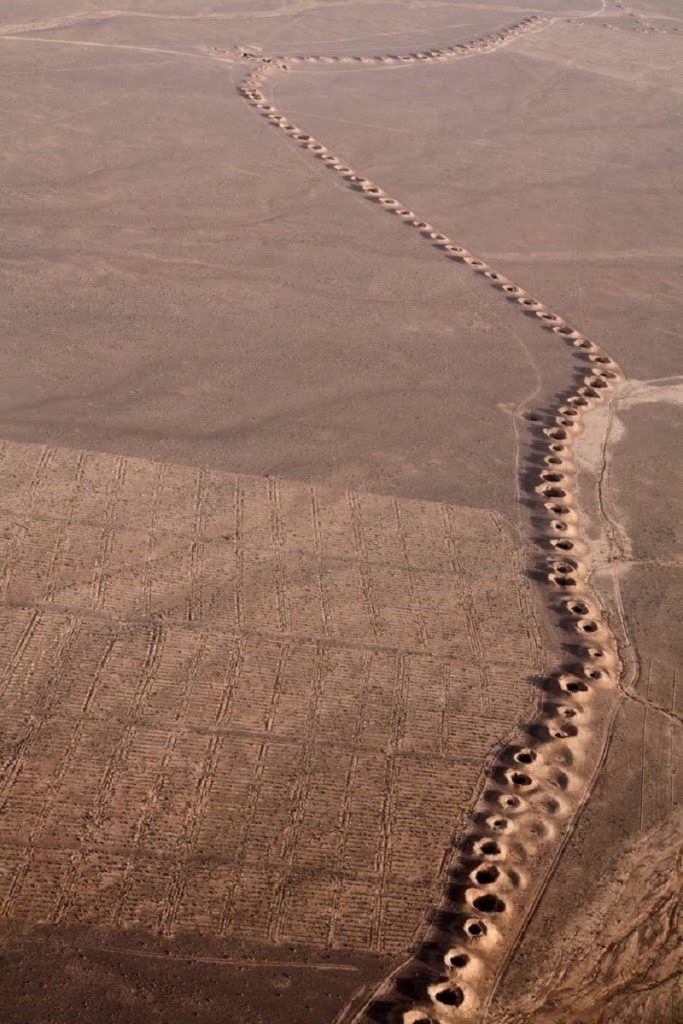Qanats, UNESCO world heritage sites
Simply put, a qanat is an underground channel that carries fresh water from an elevated source in the mountains to an opening at a lower altitude for the purposes of irrigation – a perfect solution in a region with an abundance of mountains.
The qanat system has the advantage of being resistant to natural disasters such as earthquakes and floods, and to deliberate destruction in war. Furthermore, it is almost insensitive to the levels of precipitation, delivering a flow with only gradual variations from wet to dry years. From a sustainability perspective, qanats are powered only by gravity, and thus have low operation & maintenance costs once built. Qanats transfer freshwater from the mountain plateau to the lower-lying plains with saltier soil. This helps to control soil salinity and prevent desertification.
The length of qanat digged in Iran is 350,000 km, similar to the distance between the earth and the moon!

See the Ancient Water Tunnels Below Iran's Desert
Learn more:
Iran Kariz ancient underground water plants
